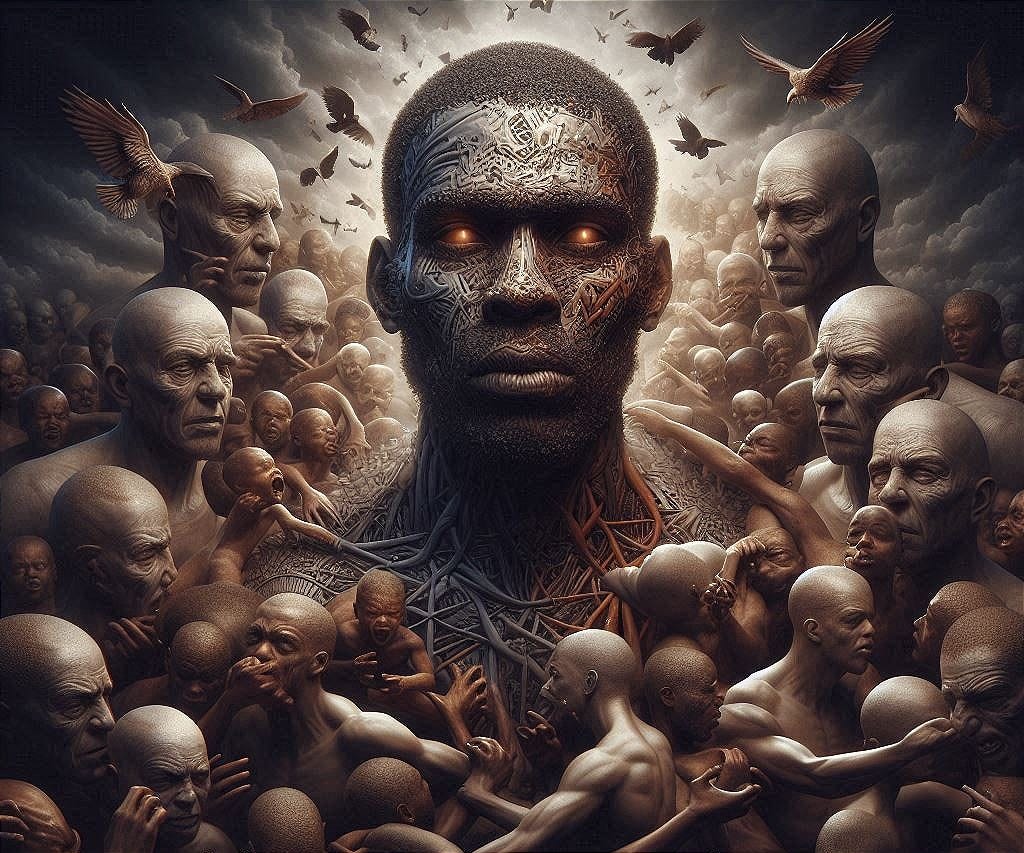Choose a Different Way
Human beings have the profound ability to disrupt cycles of harm. This is one of our greatest strengths—the power to recognize patterns that divide us and choose a different way.
It’s easy to get swept up in collective judgment. Groups form, and before long, someone is pushed to the margins. This pattern repeats in politics, communities, workplaces, families, and even within ourselves. The need to feel righteous or secure can lead to scapegoating, where a person or group is blamed, cast out, or made to bear the burden of others’ fears and frustrations. The more this happens, the more it reinforces a false sense of unity among those doing the excluding.
But real belonging is not built on shared enemies. It is built on shared humanity. When we recognize this, we can interrupt the harmful narratives that fuel division. We can refuse to participate in cycles of blame and step into the deeper work of understanding, accountability, and connection.
Every time we challenge the instinct to cast someone out, we create space for a different kind of community—one rooted in integrity rather than insecurity. This isn’t easy work, but it is necessary. It shifts us from being passive participants in destructive stories to being active agents of peace and transformation.
Continuing
It’s a painful experience to feel like an outsider, to be labeled as wrong, different, or unworthy. Many people know what it’s like to be cast in the role of the problem—the one whose presence makes others uncomfortable, the one blamed for things beyond their control. This happens in families, workplaces, religious spaces, and entire societies. And often, it happens because of an unspoken need within the majority to maintain a fragile sense of purity, normalcy, or superiority.
But exclusion does not bring healing. It only deepens fear and disconnection. When people unite against a scapegoat, they may feel relief, but it never lasts. Sooner or later, the cycle demands a new target. The only way to truly break free is to reject the idea that peace and security require someone else to be sacrificed.
The most liberating truth is that we don’t need an enemy to feel whole. We don’t need someone else to carry our collective anxieties. Real strength comes from recognizing our shared vulnerability and choosing connection over condemnation. The work of wholeness happens when we stop looking for someone to cast out and instead build communities where no one has to fear being next.
Heart of the Message: The human tendency to unite through exclusion and scapegoating must be interrupted for true moral and communal integrity to emerge. Scapegoating and purification narratives do not create lasting peace or security; they fuel cycles of harm. Recognizing these destructive patterns allows us to step into a deeper sense of connection and moral clarity, creating a more just and inclusive world.




